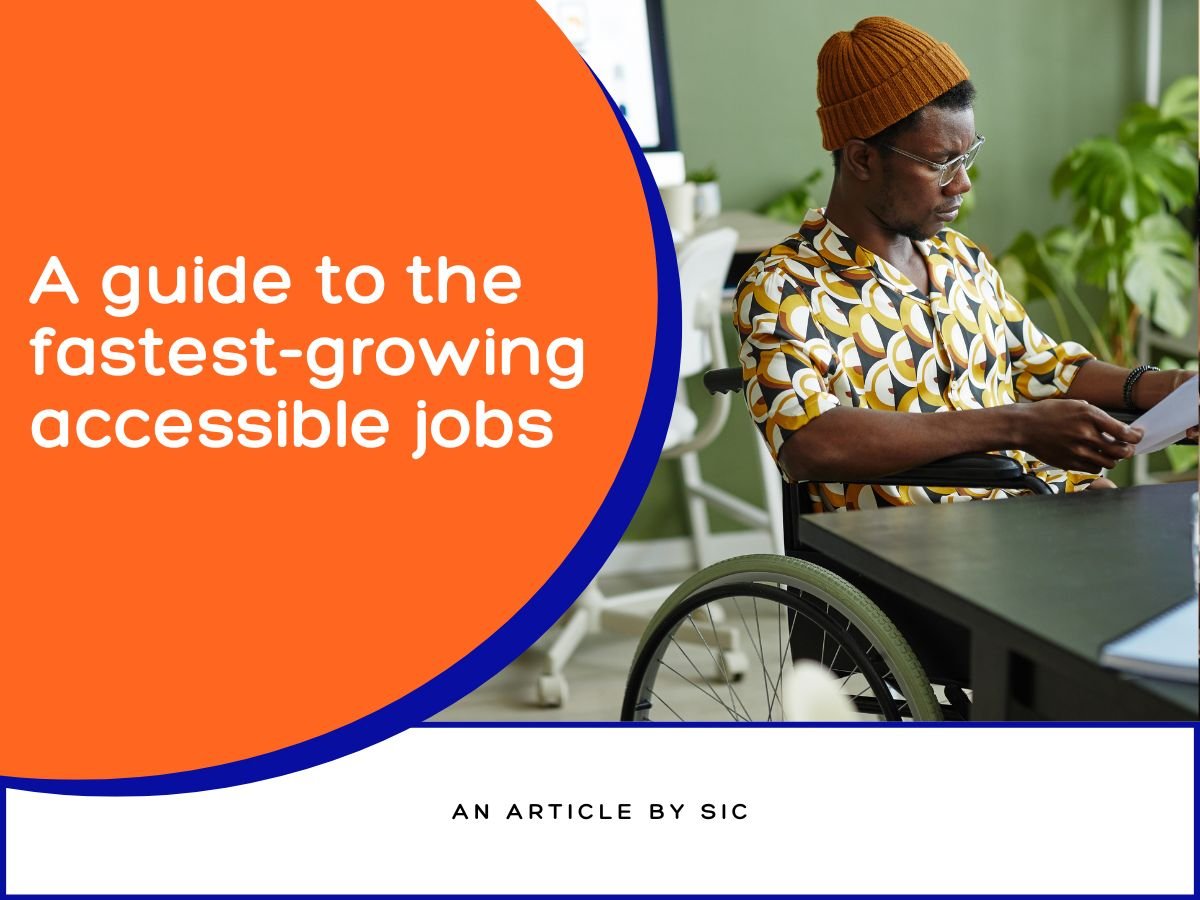EDS (Ehlers Danlos Syndrome) Resources You Should Know About
A new diagnosis can be scary. Especially with something that sounds as scary as Ehlers Danlos Syndrome (EDS). Not knowing where to start looking first, or becoming so overwhelmed by the information out there can make starting down the right path, with the right support, very difficult. I am writing this from the point of view of living in the UK, and the support and services that are offered here.
A square image with a zebra print pattern as the background. In the centre of the image is a large and slightly transparent grey rectangle. On the rectangle in large yellow capital letter is the text: EDS RESOURCES
First and foremost, check out the NHS explanation for what EDS is here. Figuring out in your head what is going on with your body is the first step to understanding the condition, how it affects you and what help you should be seeking next- there are lots of different symptoms, which affect people in different ways and severity levels.
Ehlers Danlos Support UK is a charity dedicated to helping people with EDS and fundraises to further the scientific knowledge of the different genetic conditions associated (There are 13 types of EDS) and all of their community initiatives. It is through this charity that I found the support I needed before, during and after my diagnosis, mainly in the form of the in-person support group I attended monthly in York. They are community-driven and offer in-person or online support groups where you can share frustrations, symptoms, knowledge and learn.
If you’re at a loss for what to do next, you have become fed up of talking to a doctor and need someone to talk to, EDS Support UK also provide a freephone helpline from 9 am to 5 pm on Tuesdays and Fridays.
Another great resource is The Ehlers Danlos Society. Unlike EDS Support UK, this society is international and has a fantastic medical and scientific background. Their goal is to educate and spread awareness of the condition, advocate for patients, as well as conducting collaborative international research with the ultimate aim of one day finding a cure.
The Society also has a wide range of resources available, including a phone (US-based) and email helpline, printable materials that can come in really handy when you need to explain EDS to a doctor who hasn’t come across is before, or show a friend or family member a professional document explaining what it’s all about.
They also have webinars, which are conversations with leading doctors, and experts in lots of different areas- including community, advocacy, exercise and even something for the care-givers.- Sign up for the 2020 virtual conference starting on July 10-12 too!
When you are first diagnosed, you may find yourself with referrals to many different types of doctors- I was referred to a Cardiologist, Gastrologist, Geneticist, Occupational therapist, Physiotherapist, Podiatrist and Haemotologist (I am pretty sure I am forgetting a few as well.. There are so many!) It can be hard to keep up with what appointments are when, or which doctors you should prioritise seeing first.
This scenario is to get a filing system in place before you start overflowing with letters and test results. Make it a folder or binder you like the look of, that isn’t medical looking and is also thick enough to store what will end up as a few years of paperwork.
Photo: @martenbjork, Unsplash An overhead shot of white desk with a laptop, a colourful weekly diary, a pink highlighter and a pencil on it. Two hands with red nail varnish hold a pencil and a pink post-it note, as if to write something down.
Always ask for a copy of your notes- it is your right to access these- as you will find that the different doctors don’t speak to each other. You may have already been through exactly the same test another doctor wants to order, or have it in writing that you have been advised not to take a medication, or in fact, increase it over the usual prescribing limit. This file will become your third arm when you go to all of your appointments, and your doctor is more likely to read and listen to another doctor than take your word for it.
A great resource to have to hand is a symptom tracker. It is a way of you realising that actually, even though you’re in pain every day, nausea you get from eating is disruptive to your life, or maybe that you’re sleeping poorly and realise that it’s after eating a certain food or doing a certain activity. Tracking your symptoms is also universally loved by doctors. Being able to hand over your life, pain levels, food intake, exercise activities and mood may be the difference between them linking two symptoms or not- even discovering a new symptom!
I had no idea that it wasn’t normal to need to use the loo as soon as you finished eating! By writing it all down, the doctor was able to pick up on it and add it to my list of gastrointestinal symptoms, creating a much fuller picture of the issues I was having with intolerances and food.
I hope that these ideas and links to resources have helped you out! Do you have any others you want to share? Send me a message on Instagram or tag me in a post! I would love to see what resources you have found useful.












